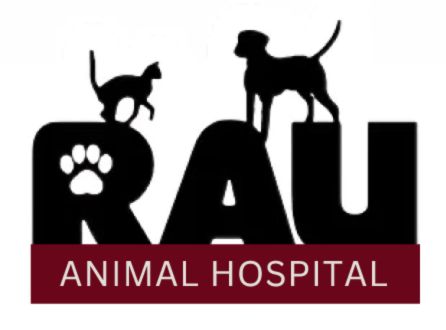For many people, bereavement begins the day you realize your pet is approaching the end of their life – even when the final loss of your pet may be months away. This stage of grief is especially difficult, because it is without closure. You can’t make an effort to heal because you have yet to suffer the loss. It can be difficult to find comfort during this stage, for even people who understand the pain of bereavement may wonder why you are grieving before your pet has actually died. Grief for impending loss is complicated by the need to make difficult, painful decisions. How much treatment can you put your pet through and will it be even worth it? At what point do you consider euthanasia?
We may not always have time to ponder these thoughts when a pet passes away suddenly. Whenever possible, however, it is best to develop a plan, taking into consideration three basic questions:
1. When should you consider euthanasia?
When your pet is ill, this may be the last question you want to think about. Yet it is the most important question you may need to answer. Start by asking your veterinarian what types of symptoms to expect as your pet’s illness progresses. Ask them how long they think the symptoms and comfort level can be medically managed. This information can help you to form your plan. By defining a “decision point” in advance, you place boundaries on the suffering your pet is likely to endure.
2. Will you be present?
Many owners prefer to be present during euthanasia, while others may choose to leave. This decision should not be made lightly, many people believe that the pet’s well-being is the most important consideration.
3. What will you do with your pet’s remains?
It is always best to incorporate your pet’s remains into your euthanasia plan. Many veterinarians provide a service to properly dispose of deceased pets. Decide ahead of time if you would like your pet’s remains cremated and if you wish to have ashes returned. There is also the option of burying your pet in a pet cemetery. You may want to have a service for your pet. It is very important that you honor your pet’s life however you wish to do so. This important decision making is the first step in the healing process.
Copyright 2001 by Moira Allen from The Pet Loss Support Page http://www.pet-loss.net
